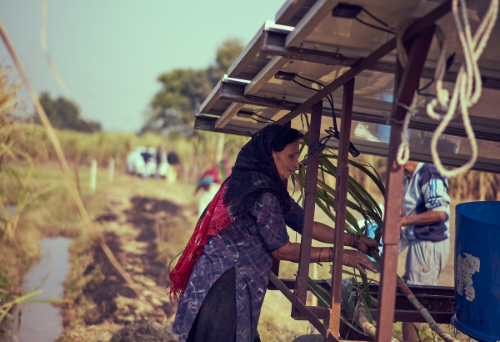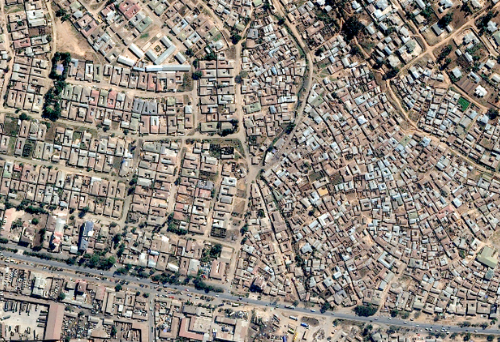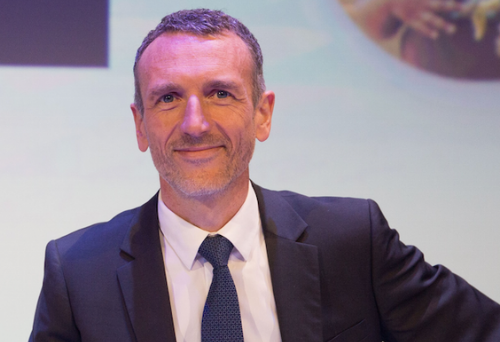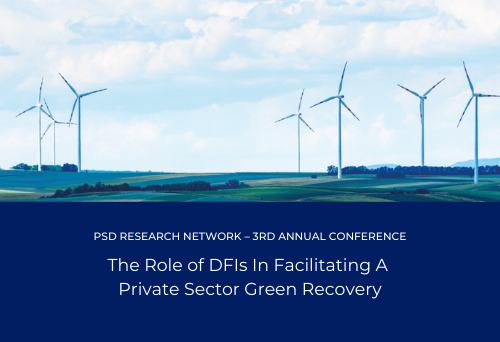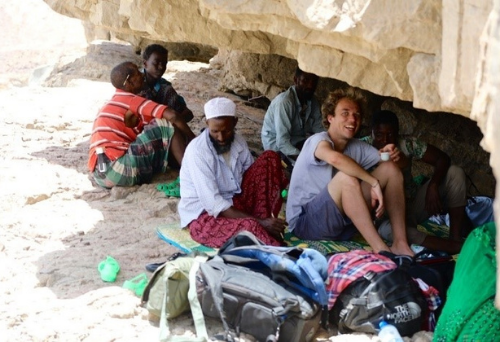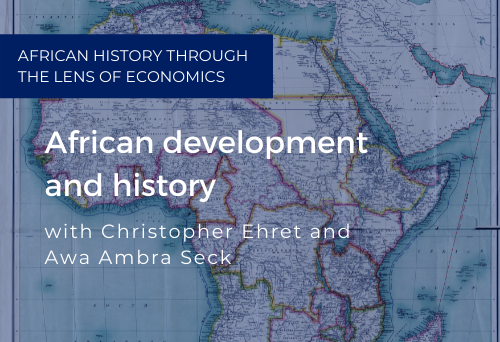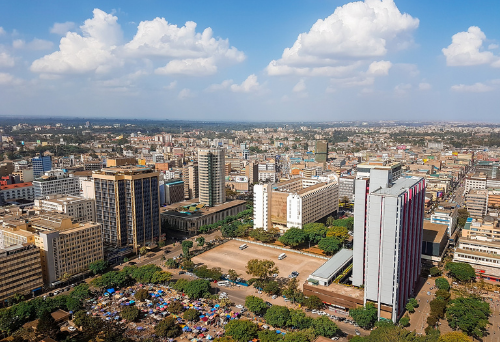Results-based Financing for Clean Energy Access: Lessons from a Randomized Controlled Trial in Rural India
“Voices of the Village” a collaboration between Dharma Life, Siriti and the Wheeler Institute for Business Development The Voice of the Village is a series of conversations on issues that affect those living in rural communities in India – inviting a wide breadth of stakeholders to collaborate and build solutions together. The session focused on…


